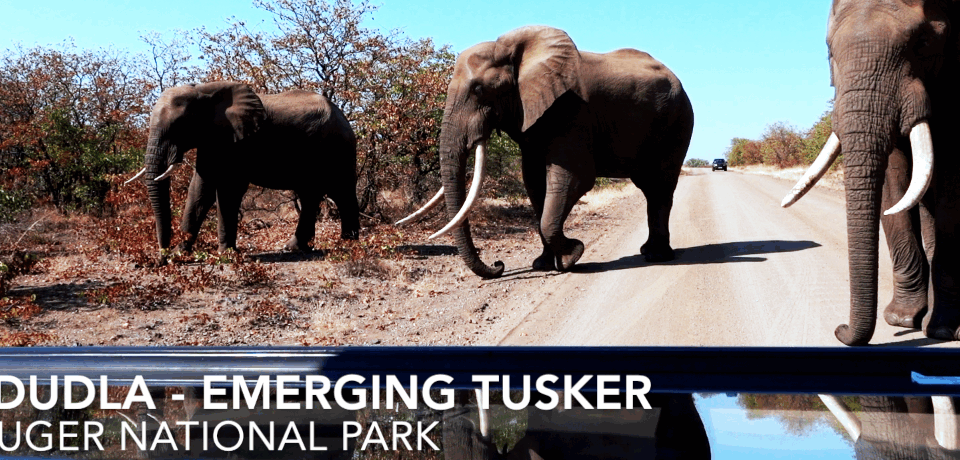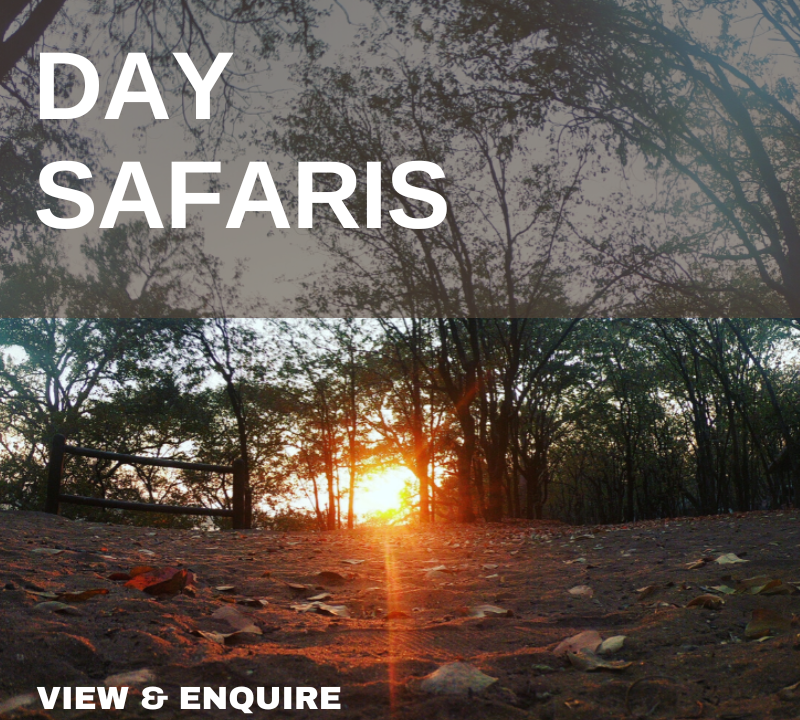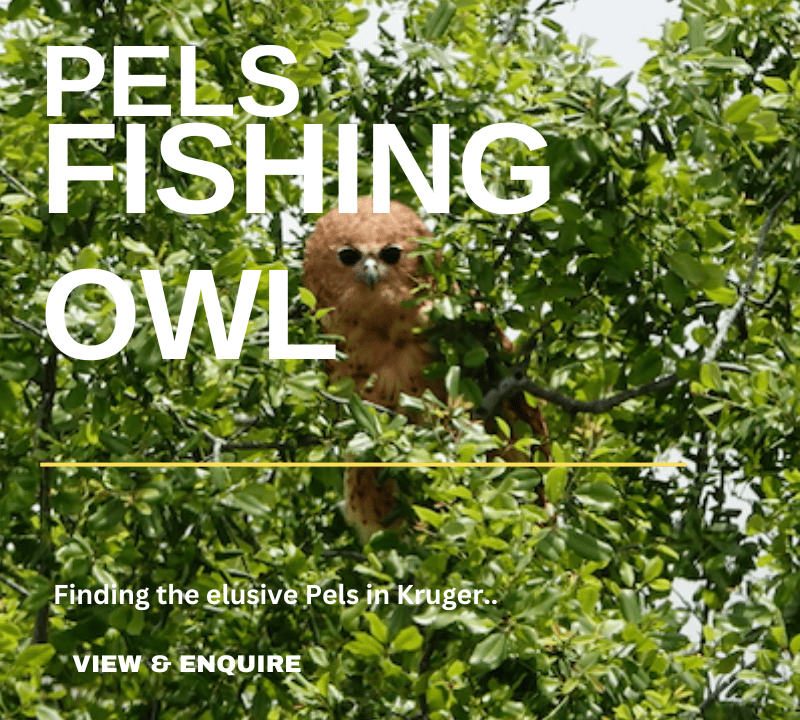Going To Bush – A History of Safari
On the eve of the 2nd world war Britain’s colonial empire was made up of 45 territories, 2 million square miles and 50 million inhabitants. All but 300,000 square miles of the Empire was in tropical Africa, where there where no less than 14 territories all staffed by m...
Going To Bush
February 22, 2017
On the eve of the 2nd world war, Britain’s colonial empire was made up of 45 territories, 2 million square miles and 50 million inhabitants. All but 300,000 square miles of the Empire was in tropical Africa, where there where no less than 14 territories all staffed by members of the Colonial Service. You may ask what this has to do with Safari – well this is where it all began.
If you were a University student in the late 1800’s, you would most likely finish your schooling and then be posted into her Majesty’s Colonial Services. Most where from Middle-Class homes or they were brought up in the British tradition of service. This for most was an absolute honor and the African colony was a favorite. Filled with a romantic sense of Adventure, many young men were drafted into service and posted across the continent. From Sudan to Nigeria back across to Kenyan East Africa and all the way through the interior to the Cape.
Once selected for duty you had the opportunity to choose your destination. There were the notoriously harsh environments likened to much of Central African and there where the easy living destinations such as Nigeria. A personal favorite was East Africa. Before departing by ship on one of the many Elder Dempster & Co liners, a young man would spend his final hours kitting up at the likes of a Walters & Co of Oxford or a JG Plumb and Sons of Westminster. From Bowler hats to Khaki drill tunics and mosquito boots or the traditional teak and canvas campaign chair, the new recruits would satisfy themselves with all the necessary gear for the adventure ahead.
The chosen area of service was headed up by a District Commissioner. They were the hardened men that had served many campaigns and knew their districts well. In the absence of military support, what power, what influence and what effectiveness you had with the local Chiefs and Medicine Men was entirely established through trust, and that came through knowledge. So it was very important that the District Commissioner knew them and they knew him and his entourage. This knowledge was acquired by touring through the district, a process that was known as Safari in East Africa, Ulendo in Central Africa and Going to Bush or Going on Trek in West Africa.
The purpose for this was completely administration focused. It was easy to manage affairs around the boma or station area, but it was only by going from Village to Village, looking round houses, talking with the people, looking at their crops, doing census and taking taxes, that it was possible to find out how the people where and what they where thinking.
Whatever it was called, traveling about the districts had a romantic mystique and a grand sense of adventure. Being out in the African bush with a crackling fire and a pink gin, watching the sunset over the plains game from your teak chair or staring at the starry night sky from your canvas tent, this is the true origin of the Swahili word for Journey.
Touring, or Safari was seen as the single most important aspect of the Empires administration and for this reason became the most common talking point. On Safari the Commissioner would hunt to feed the many porters and these specific stories slowly but surely found fame around the fire. Over years of embellished tales, the Empires wealthy wished to also indulge in the romance of Africa. To tour under canvas, hunt great beasts of the bush and journey where few had ever been. No longer about administration, the journey is now embodied with images of Africa’s most dangerous game, vast stretched of unexplored wilderness and exhilarating scenes to take your breath away. This is the heritage of Safari.




